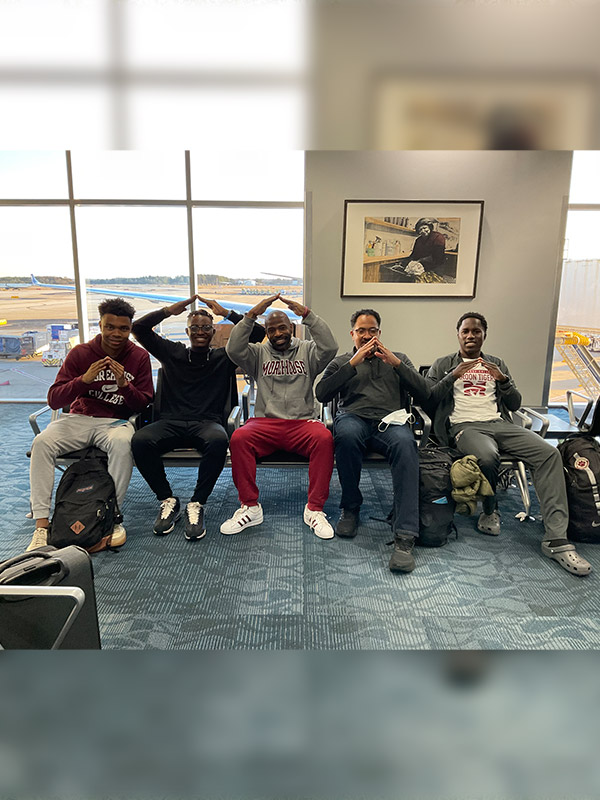Day 1
I visited home a few months before my first daughter’s birth. It had been a while since I had smelled the green and concrete essence of my neighborhood. Gentrification and neglect were becoming culturally fashionable in the early 1990s, and I wondered which of the two would have ahold of the buildings and streets and small businesses that had composed my childhood universe. I hadn’t learned about any transformations from any of the people with whom I had shared my boyhood years. Some had joined the military. Others had entered the labor-market. Others had gotten their third strike. A few had died or been killed.
I imagined yards overgrown with weeds, overrun by feral cats that hunted the rats that crawled out of the sewer grates at night, eager to feast on the pizza crusts and apple cores and half-eaten cupcakes and browned bananas and fried rice morsels that had been abandoned in Chinese takeout containers – all of this, evidence of first world hunger issues.
I wondered if the shady patches of dirt had dried to sand grass beneath the Big Tree where we often said we would meet after school or on Saturday after the Kungfu movies finished playing on the TV. I wondered if the rubble from smashed cinder blocks had made the soil rocky, uninhabitable to weeds like in August Wilson’s play “King Hedley II.”
Would the corner store have the same owner? Would the Fruit Basket still be there to provide fresh vegetables and fruit and eggs, to the inhabitants who lived in the blocks that were gradually being overtaken by the sparsity indicative of a food desert? Would the basketball poles have goals or stand as skinny iron sentinels over the concrete slab that me and a crowd of other boys had watched be poured inside a wooden form and then smoothed out? Would the streets and concrete mountain range of buildings still resemble the place where my mother reared me? Would it still be home?
As I sit here in the food court in Hartsfield-Jackson Atlanta International Airport, eating half of a vegetarian spinach wrap with a small cardboard cup of vegetarian chili, typing this entry, I feel an anxiety that’s akin to that which I felt on my way home more than 30 years ago. In a few minutes, I will type a period, close my laptop, discard my trash, and walk down to gate E14 to meet my professor and my Morehouse brothers, with whom I will travel to Kigali, Rwanda – while not a West African country, a country that’s home adjacent.
I wonder about the atmosphere. How will it smell? How will it feel on my skin? Will the barometric pressure trigger a throbbing pain behind one or both of my eyes? Will the buildings lean into their shadows or away from them? Will the people be able to read me as an American? Even if they do, will they still greet me with a nod or a smile? Will the ghosts of the country’s genocide populate the minds of its survivors like the ghosts of the Confederacy do in the American South? In 16 hours, I will be standing on the soil of one of Africa’s 54 countries. Will I feel at home? Or will the world have changed so much under the violence and terrorism of colonization that the winds of that ancient nation won’t remember how my skin feels? Will the sun and moon that shine and glow respectively across it recognize me? Will the tints of my Danish and Chickasaw ancestry have changed my appearance too much to still be considered a son, or at least a second cousin?
Rwanda, I’m on my way. My name is Ekundayo Bandele. I feel that I should introduce myself…just in case.
